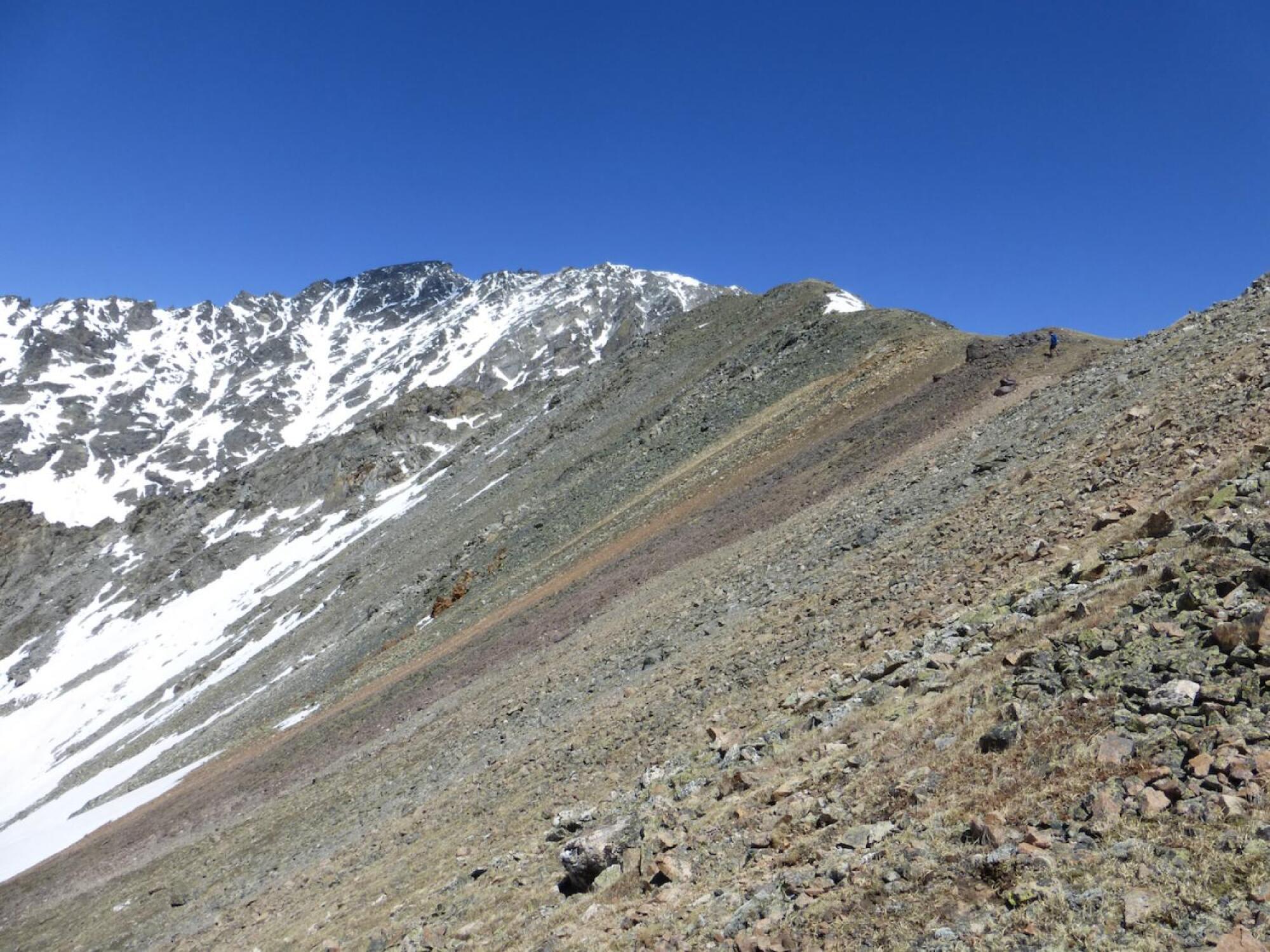A new study published in the scientific journal Nature has provided compelling evidence that the entirety of Earth was once covered in ice. This groundbreaking discovery has significant implications for our understanding of Earth’s past climate and the potential for future global cooling.
The study, led by a team of international researchers, analyzed geological samples from across the globe to reconstruct the climate history of our planet. By studying the composition of ancient rocks and ice cores, the scientists were able to piece together a comprehensive picture of Earth’s climate over millions of years.
The evidence they found suggests that around 2.4 billion years ago, a series of cataclysmic events caused the entire planet to freeze over in a period known as the “Snowball Earth” event. During this time, glaciers covered the entire surface of the Earth, from the equator to the poles.
This discovery challenges previous theories that only parts of the Earth were affected by extreme glaciation events. The researchers believe that the entire planet was enveloped in ice for millions of years, dramatically altering the Earth’s climate and ecosystems.
The implications of this finding are profound. Understanding the mechanisms that led to the Snowball Earth event could provide valuable insights into how Earth’s climate system operates and how it may respond to future changes. It also raises questions about the potential for global cooling in the future and how humanity can adapt to such drastic shifts in climate.
While the idea of a completely frozen Earth may seem like something out of a science fiction novel, the evidence gathered by the researchers is clear and compelling. By piecing together clues from ancient rocks and ice cores, scientists have been able to unravel the mysteries of Earth’s past climate and shed light on the potential for future climate changes.
As we continue to grapple with the challenges of climate change and global warming, this research serves as a stark reminder of the fragility of our planet’s climate system. The Snowball Earth event is a sobering example of how drastically Earth’s climate can change and the importance of understanding these changes to protect our planet for future generations.
In the face of mounting environmental threats, it is more important than ever for scientists and policymakers to work together to address the challenges of climate change and ensure the long-term sustainability of our planet. The discovery of a frozen Earth serves as a powerful reminder of the need for action to protect our planet and secure a brighter future for all.

